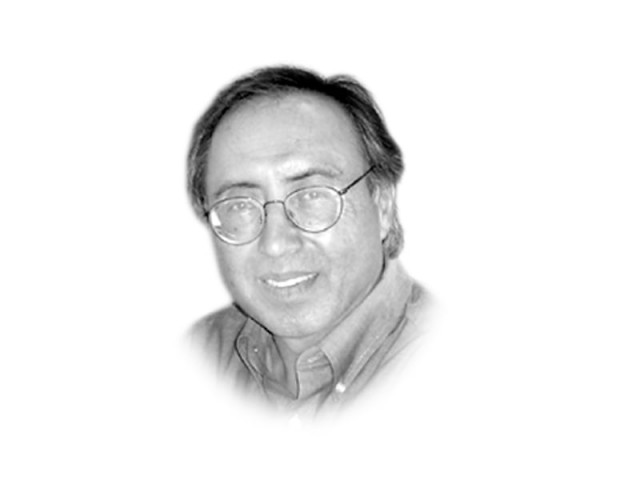Democratic transition
The more we practice democracy, the better the system will become.

The writer is professor of political science at LUMS
What made it possible and what does it mean for the democratic future of the country? Pakistan’s current democratic stability and continuity rests primarily on the national consensus among the political forces of the country. For a constitutional democratic process, elite consensus is the first thing to achieve. Once that has happened, the next steps towards a democratic transition become simpler. Politics and democracy are messy issues — never smooth, orderly or without polarisation or conflict. Resolving them requires agreement on the rules of the game that this consensus among the elite in Pakistan demonstrates.
The second important reason for the successful completion of tenure is the repeated failure of military regimes in addressing structural problems of the country. Actually, all military generals left the political scene in worse conditions — more complex and stubborn legacies than the country had before their rules. The generals fragmented political parties, divided society and used ethnicity and religion to ignite politics of hatred and confrontation. The lessons of their failures have convinced every thinking politician that living with a noisy and clamorous democracy is better than living under the forced calm of military dictators.
Third, the people of Pakistan — the real people at the grassroots level — are more comfortable with their elected leaders than with those who are imposed from above. People have demands at the local level. They want development projects like natural gas, power lines, roads, sewerage systems and roads. Every member of the assembly will tell you what kind of pressure he or she faces when he or she is in the constituency. These are basic needs that urban folks take for granted. Even during the brief periods of democratic rule in the past, political bonds were strengthened between the electorate and the elected representatives through grassroots politics. Starting with post-1985 elections, rural development and greater allocation of funds have become constituency-driven political norms. With the villages of Pakistan developing, though at a much slower pace than they could have been, the urban-rural divide is narrowing. Over time, development-oriented or patronage politics has introduced democracy at the grassroots level by creating a demand-response nexus. Failure to address local problems means electoral failure and compelling the next elected member to do better.
The democratic practice also educates people politically. They learn about leaders — their character, qualities, faults, promise and failures. They also recognise political parties through their programmes and ideological labels and judge them all by their performance. Political knowledge at the grassroots level about national or even provincial politics is lower than at the level of the constituency. For this reason, the single most important determinant of voting is the relationship between the voter and the candidate. Change towards party-centred blocs is a slow process but it is taking place. Reaching this milestone means a lot for the future of democracy.
Democracy doesn’t solve all problems. It only provides constitutional means to construct power, limit its exercise and force periodic changes through elections. We are back to the election stage. This normal, evolutionary process is now rolling. This is what constitutes democratic change and transition. The problems we face in many respects — poor governance, corruption, inefficiency, lack of accountability and twisting of rules to favour cronies — are part of democratic evolution. The more we practice democracy, the better the system will become.
Published in The Express Tribune, March 26th, 2013.
















COMMENTS
Comments are moderated and generally will be posted if they are on-topic and not abusive.
For more information, please see our Comments FAQ